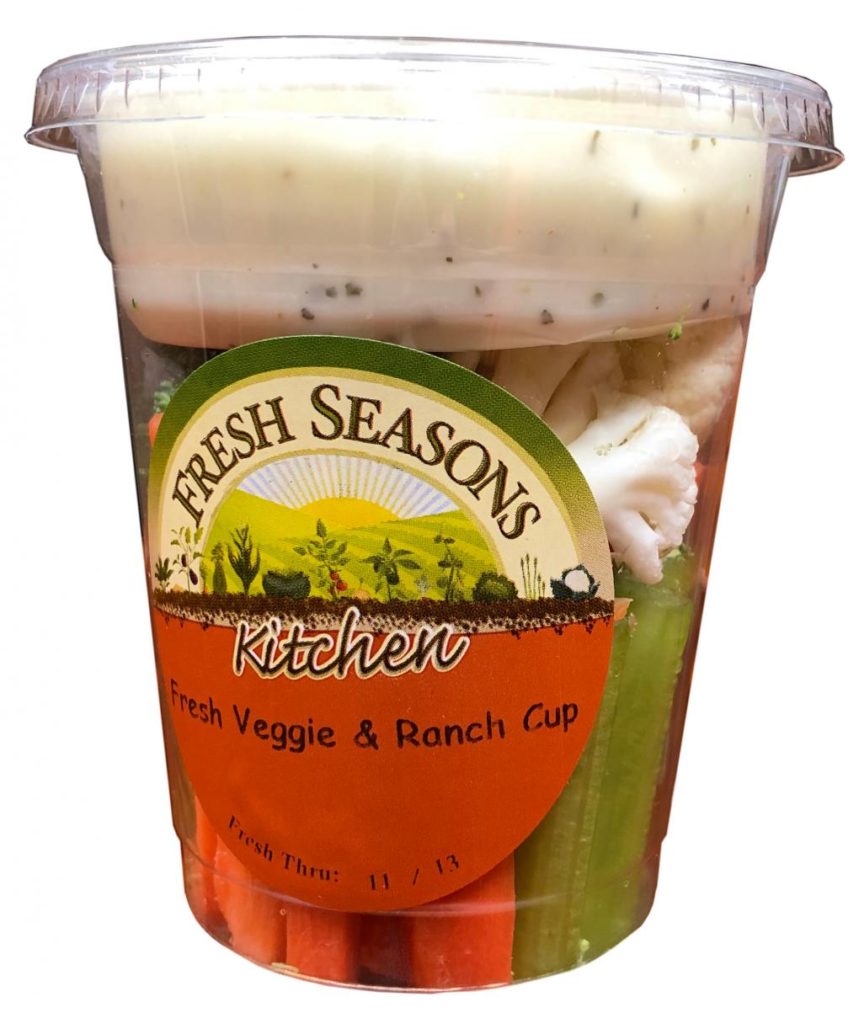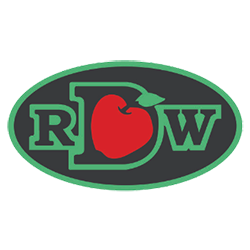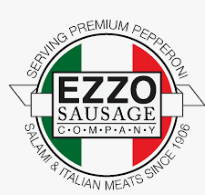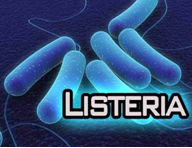The FDA announced on its website that Taher, Inc., in conjunction with Mann Packing Co., is recalling products as part of a multi-state recall due to the potential risk of Listeria monocytogenes, in an abundance of caution. Thaher recalls vegetable cups served in select locations in Minnesota. This recall impacts only the 7.5oz Fresh Seasons Kitchen Veggie & Ranch Cup containing cauliflower sold between October 30, 2019, and November 4, 2019, in select cafeterias and vending machines in Minnesota. No illnesses or injuries have been reported to date in connection with either the Mann Packing Co. or Taher, Inc. recall. @ https://www.fda.gov/safety/recalls-market-withdrawals-safety-alerts/taher-voluntarily-recalls-veggie-ranch-cups-cauliflower-because-possible-health-risk
ruth
Taher, Inc., in conjunction with Mann Packing Co., as part of a multi-state recall due to the potential risk of Listeria monocytogenes, in an abundance of cauti
ruth
The FA announced on its website that Russ Davis Wholesale (RDW), a leading fresh produce processor and distributor, is recalling multiple products due to possible contamination of Listeria monocytogenes. The recall is in response to Mann Packaging, Inc. initiating a recall late on November 3, 2019, as an ingredient provider to Russ Davis Wholesale. No illnesses have been reported. The products include: Broccoli, Cauliflower & Carrots with Butter – 18 oz, Broccoli, Cauliflower & Carrots with Butter – 18 oz, Tomato, Carrot, Broccoli & Snap Pea- 13 oz, Tomato, Radish Broc & Cauli – 13 oz, Veggie Tray w/Dip-1.75 lbs, Veggie Tray W/Ranch Dip – 3#, Riced Broccoli, Short Cut Stir Fry Blend – 12 oz, Veg Tray W/Dip- 1.5 lbs, Fresh Veggie Value Bowl -2.5#, Veggie Blend With Dip- 12 oz, Vegetable Tray with Veggie Dip-3#, nd Veggie Tray With Radishes. The affected product was shipped to retail stores in Minnesota, Wisconsin, North Dakota, South Dakota, Illinois, Indiana, Michigan, Iowa, Montana, Nebraska, and Wyoming.@ https://www.fda.gov/safety/recalls-market-withdrawals-safety-alerts/russ-davis-wholesale-voluntarily-recalling-products-due-possible-health-risk?utm_campaign=Russ%20Davis%20Wholesale%20Voluntarily%20Recalling%20Products%20Due%20to%20Possible%20Health%20Risk&utm_medium=email&utm_source=Eloqua
Russ Davis Wholesale (RDW), a leading fresh produce processor and distributor, in an abundance of caution is voluntarily recalling multiple products due to poss
ruth
The U.S. Department of Agriculture’s Food Safety and Inspection Service (FSIS) announced that Ezzo Sausage Company from Columbus, Ohio, is recalling approximately 25,115 pounds of sausage products that may be contaminated with Listeria monocytogenes. The ready-to-eat sausage products were produced on Oct. 29, 2019, Oct. 30, 2019, and Nov. 5, 2019. These items were shipped to distribution centers in Indiana and Ohio. The problem was discovered when EZZO notified FSIS of a positive sample result for Listeria monocytogenes. No illnesses have been reported. @ https://www.fsis.usda.gov/wps/portal/fsis/topics/recalls-and-public-health-alerts/recall-case-archive/archive/2019/recall-111-2019-release
Ezzo Sausage Company, a Columbus, Ohio establishment, is recalling approximately 25,115 pounds of sausage products that may be adulterated with Listeria monocytogenes.
ruth
The U.S. Department of Agriculture’s Food Safety and Inspection Service (FSIS) issued a public health alert for ready-to-eat entrees because of the products containing recalled ingredients from Mann’s Packaging CO. due to possible Listeria monocytogenes contamination. The products include “CRAZY FRESH Quick & Easy Broccoli Cheddar with Bacon”; “KOWALSKI’S Quick & Easy Broccoli Cheddar with Bacon” ; “quick & easy Meals Quick & Easy Broccoli Cheddar with Bacon” ; “BUTTER CHICKEN Amazon go Butter Chicken with Turmeric Rice”; and “BROCCOLI CRUNCH POWER BOWL Amazon go BROCCOLI CRUNCH POWER BOWL WITH CHICKEN” . No illnesses were reported relating to these products. @ https://www.fsis.usda.gov/wps/portal/fsis/newsroom/news-releases-statements-transcripts/news-release-archives-by-year/archive/2019/pha-110819
The U.S. Department of Agriculture’s Food Safety and Inspection Service (FSIS) is issuing a public health alert for ready-to-eat entrees due to the products containing FDA-regulated ingredients that have been recalled by Mann’s Packing Co. due to possible Listeria monocytogenes contamination.




